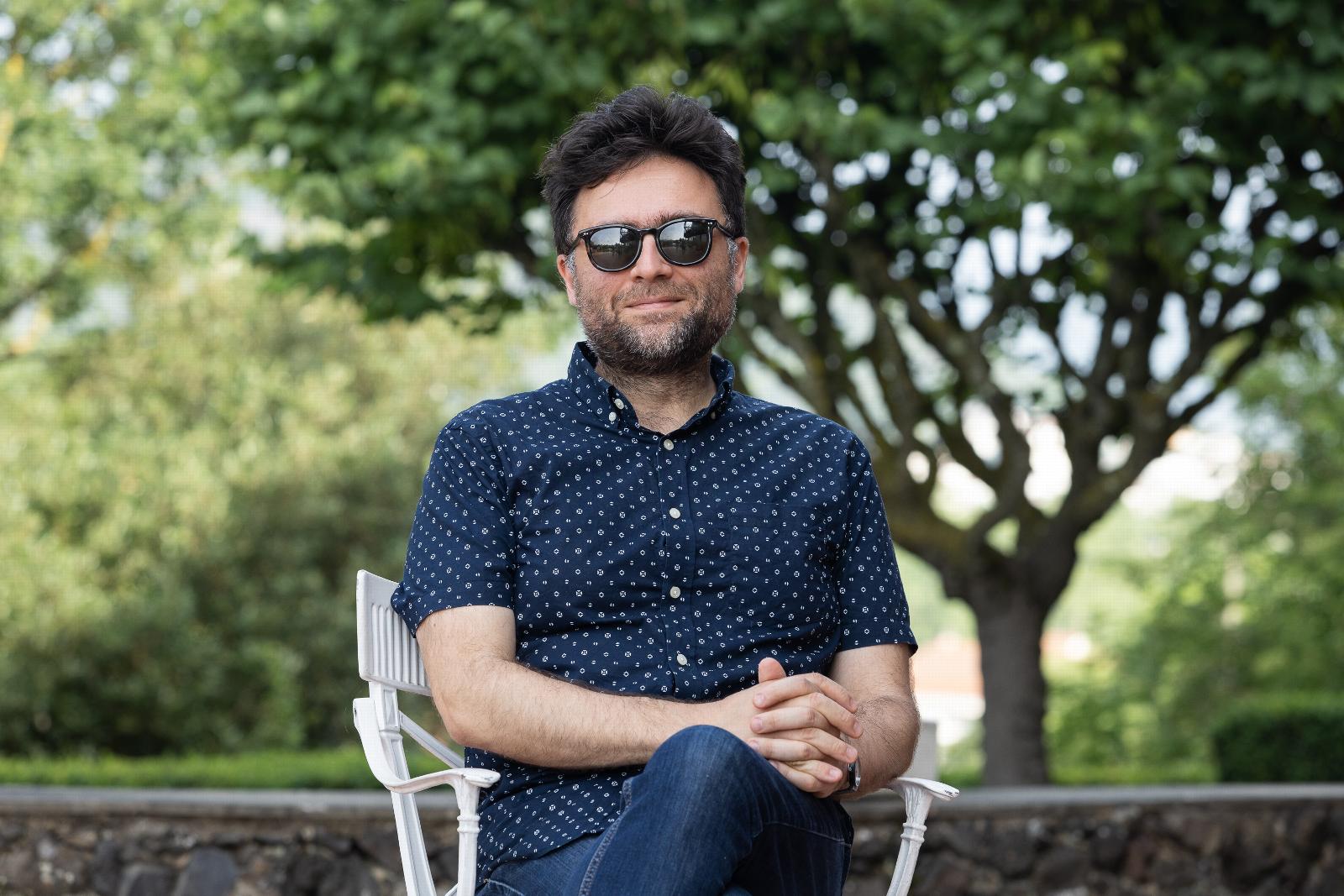Collective residencies / Medieval modernities / Olot
NOEL BLANCO
From Thursday, 12 June 2025 to Sunday, 15 June 2025
Bio
Noel Blanco Mourelle is an Assistant Professor at the Department of Romance Languages and Literatures of the University of Chicago. His first book, titled Learning Machines, focuses on the intellectual legacy of the Majorcan theologian and preacher Ramon Llull and the transformation of his Art through medieval and early modern book technology. He has published in Cuadernos de historia moderna, postmedieval, and Critical Inquiry, among other journals.
Project
Noel Blanco will deliver a paper, exchange ideas with colleagues, and work on a chapter on fifteenth-century Barcelona that will form part of his book in progress. The title of his paper is “Ramon Llull: Thought in Motion.”
Majorcan preacher and theologian Ramon Llull (1232–1316) dreamed of a technology of argumentation that would perform a wondrous decoding operation—to discover the logic that underlies the world—and at the same time express the incontrovertible truth of Christianity to Muslim and Jewish thinkers across the Mediterranean. He envisioned the Art as a powerful evangelizing tool that would combat “the errors of unbelievers.” Since Christianity is the supreme logic underlying reality, Llull asserted that these combinatorial principles transcend differences of language and culture; and so the Art could be a means to universalize belief in Christian doctrine. The world envisioned for this instrument, one of complex technical construction and vast evangelizing potential, would of course not come to fruition. In its afterlife, the Art was handled more as an intellectual instrument, a way to mechanize the heuristic process rather than as a technology of conversion.
Blanco will argue that Lullist concepts of total knowledge and its management had a crucial impact on the creation and design of new institutions of knowledge in medieval and early modern Europe. His project originates in the archive of a medieval thinker. Llull’s notional mastery of omnia scibilia, however, would develop over the long arc of its diffusion long after his death; my talk will give an overview of this development, particularly in the courts of Cardinal Francisco Jimenez de Cisneros and King Philip II.

